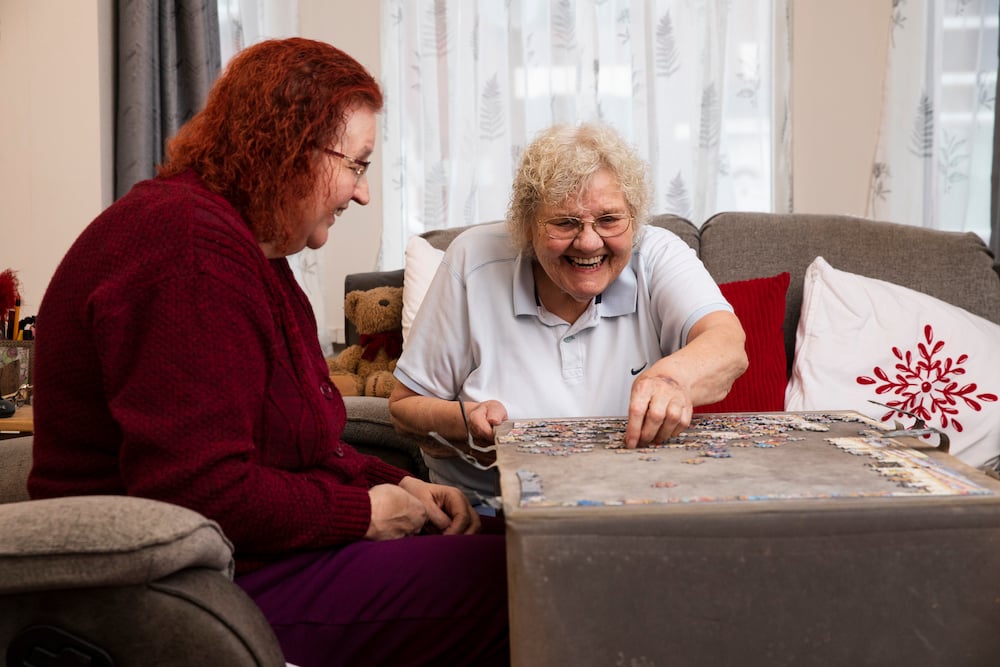
This repository includes a range of knowledge about older LGBTQ+ people – about their lives, needs and their experiences with social care. This is a constantly evolving field of knowledge with some gaps, but this compendium will direct you to the key knowledge currently available in the UK.
Context
Older people (65+ years) are the largest age group accessing adult social care services (Kings Fund, 2019) and as such also make up the largest LGBTQ+ group engaging with these services. Issues of sexual orientation and gender identity (SOGI) are often missed by social care workers (WEC, 2019) or, if perceived, are not engaged with because of a lack of knowledge or concerns of morality (Schaub et al, 2017; Bradbury-Jones et al, 2020). Our knowledge about LGBTQ+ people contains significant gaps; one prominent area is about their social care interactions. While some research has explored the public service experiences of LGBTQ+ individuals (see below), there is little research exploring how social care workers engage with and understand the needs of LGBTQ+ people needing care and support (Abbott, 2017; Moriarty and Manthorpe, 2016).
LGBTQ+ Older Adults Social Care Assessment
Findings from the LOASCA study
Some of the main concerns for LGBTQ+ people when interacting with health and social care professionals are:
- Professional lack of knowledge about the needs of LGBTQ+ populations (Fish & Karban, 2015; Kattari et al., 2021).
- LGBTQ+ needs are influenced by structural and societal inequalities (Nothdurfter & Nagy, 2016; Willis et al., 2011).
- Social care and/or welfare services are not taken up by some LGBTQ+ people due to discrimination (Addis et al., 2009; Concannon, 2007; Hicks, 2011).
The knowledge base is not comprehensive, as we have less understanding about several groups, including black and other ethnic minority LGBTQ+ people, bisexual, and trans/non-binary people. These three groups are significantly under-represented in research, meaning we need detailed studies with these groups to improve our understanding of their lives and needs (Jones, 2018; King et al., 2019a, King et al, 2019b; Kwong-Lai Poon, 2011).
Older LGBTQ+ people have particular needs and challenges when accessing social care. There is some evidence that older LGBTQ+ people experience anxiety when engaging with social care services because of discrimination by professionals and lasting effects of historical experiences.
Here are some key elements:
- Older LGBTQ+ individuals anticipate concerns about receiving personal care services in their homes and the imperative to ‘de-gay’ their home environments and remove signifiers of non-normative sexualities and gender identities (Willis et al, 2018).
- Older trans adults report their concerns about the anticipation of transphobic responses from staff and residents in care settings, alongside worries about losing personal autonomy over everyday presentation and bodily care (Willis et al, 2019; 2020).
- Older LGBTQ+ people ‘dread’ accessing care services and, as a result, avoid planning for the care they will need in later life (Jandrić 2020).
- In response to hetero/cisgenderism LGBTQ+ older people often seek social support from within the LGBTQ+ groups and networks (Alba et al., 2020).
